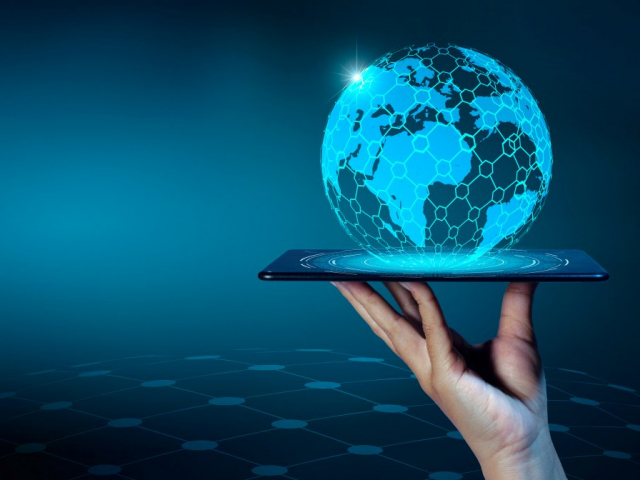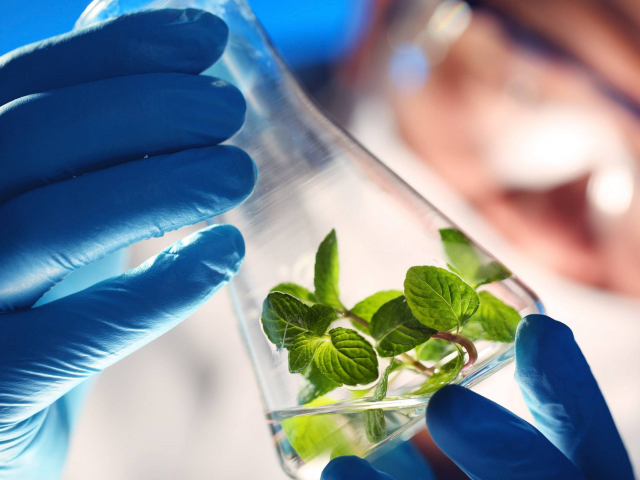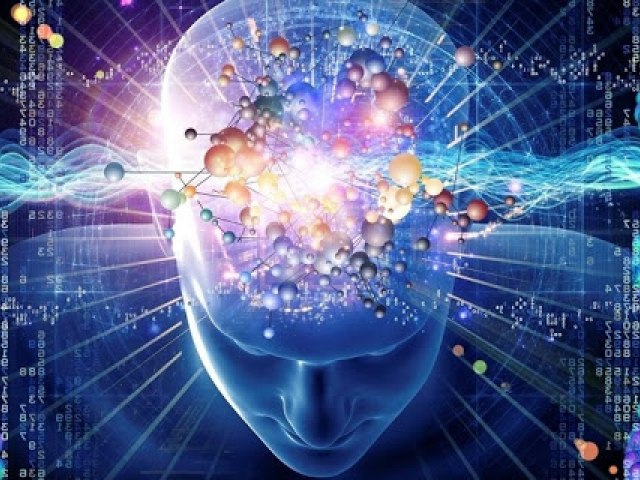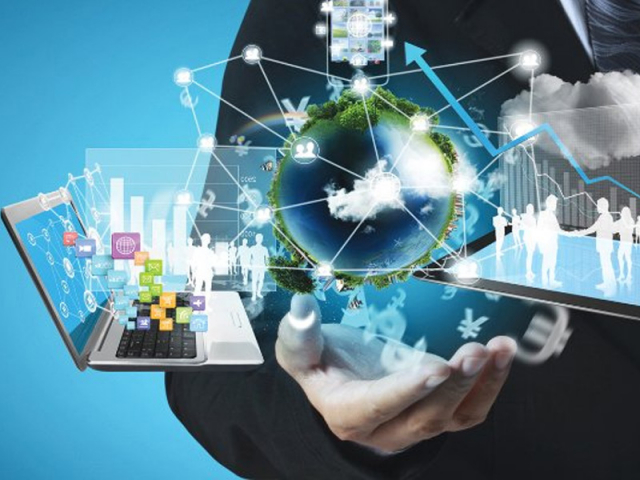
90% of predictions come true
To begin with, the majority of five-year preliminary forecasts turned out to be true. This is impressive because such long-term predictions are hardly ever borne out. Moreover, ten-year assumptions also seem to have been in line with expectations. Most likely, they will come to life as well. These days, the Delphi Method helps to provide one of the most accurate forecasts of long-term trends. The percentage of correct projections ranges between 85% and 95%, depending on the study field. One can rely on the subjectivity of the Delphi Method when drawing up long-term economic, political, and business plans.

Rapid development of biotechnology
Once scientists envisioned a promising future of biotechnologies. Nowadays, the trend is going strong. The shift towards renewable energy and sustainable development provides additional support to the biotechnologies sector. The biggest application of biotechnology is in human health aimed to improve the quality of food we eat as well as our lifespan. In this regard, great progress has been made in the field of plant and animal breeding whose regular consumption can reduce the risks of digestive diseases, as well as minimize vitamins and nutrients deficiency.

Biotechnology and neurotechnology in medicine
Medicine is also moving forward. Attention in this field focused today on biotechnology and neurotechnology. In fact, they began to develop even more rapidly due to the outrage of the coronavirus pandemic last year. New COVID‑19 testing technologies as well as viral infection modelling have become an integral part of everyday life of medical centers and research laboratories. Telemedicine represents another major breakthrough for medicine, whereas a little was known about it a year ago. Great progress has been made in the area of minimally invasive surgery, as well as the use of robots and biomonitoring systems. All this looks impressive and reminds of science fiction films. Meanwhile, Elon Musk’s surgically implanted brain-monitoring device that would allow a computer to track brain activity seems to be even more surreal.

Information technologies
The expansion of information technologies is gradually slowing down these days. At the same time, the coronavirus pandemic boosted some of its industries such as the IT and communication sector. Thus, online services and various apps are now developing quickly. This phenomenon is known as CovidTech. Perhaps the major breakthrough happened in the creation of AR and VR apps, as well as 3D printing.

Nanotechnologies
Nanotechnologies have a substantial impact on the sectors of consumer goods, such as food, cosmetics, and household chemicals. Still, they are widely used in medicine and the renewable energy industry. Apart from that, nanotechnologies have a lot to offer to the space sector. Thus, new nanomaterials are successfully employed in spacecraft and satellites.
 Deutsch
Deutsch 
 Русский
Русский English
English Bahasa Indonesia
Bahasa Indonesia Bahasa Malay
Bahasa Malay ไทย
ไทย Español
Español Български
Български Français
Français Tiếng Việt
Tiếng Việt 中文
中文 বাংলা
বাংলা हिन्दी
हिन्दी Čeština
Čeština Українська
Українська Română
Română
